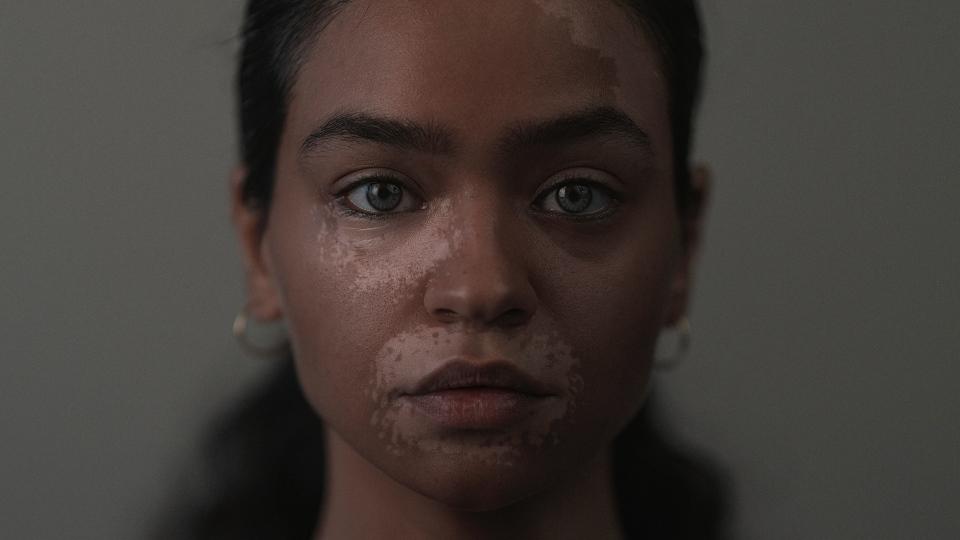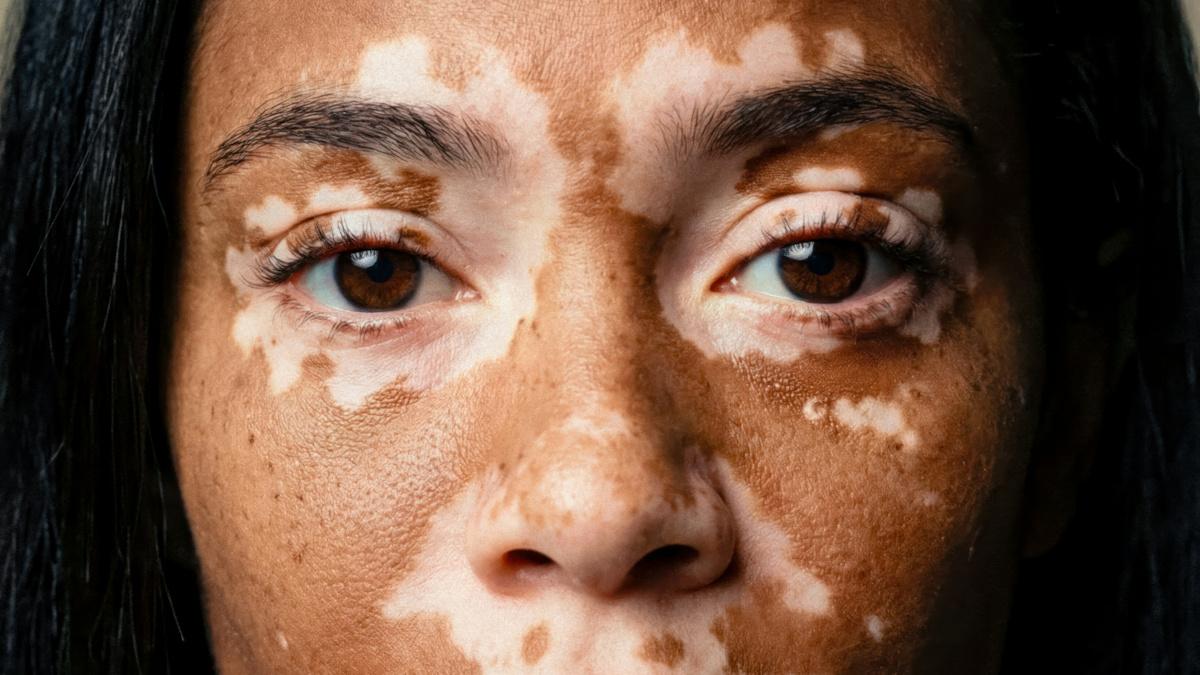Incyte’s oral vitiligo drug heading for phase 3

Incyte is preparing to take an oral JAK inhibitor into phase 3 trials for the skin depigmentation disease vitiligo, after reporting mid-stage data showing efficacy in patients with facial and full-body symptoms.
Last year, Incyte became the first pharma company to get approval for a drug that can re-pigment the skin in vitiligo – topical JAK1/JAK2 inhibitor Opzelura (ruxolitinib) – for patients whose lesions cover 10% of the body or less.
New drug candidate povorcitinib is a selective JAK1 inhibitor, given as a once-daily oral dose, which is intended to treat patients with more extensive forms of non-segmental vitiligo - the most common form of the autoimmune disease, which affects around 1.5 million people in the US alone.
Overactivity of the JAK signalling pathway is believed to drive inflammation involved in the development and progression of vitiligo.
New 52-week results from a dose-ranging phase 2b study of povorcitinib found that average total-body improvements in the area of skin affected by vitiligo – measured using the T-VASI scale – were upwards of 40%, depending on the dose used, compared to 18% with a placebo.
More on-treatment patients achieved a 50% or greater reduction from baseline in T-VAS, at around 45% of the povorcitinib group and 15% in the control arm. Meanwhile, in a subgroup of patients with facial depigmentation, the improvements were around 64% with the JAK1 inhibitor and 55% with placebo.
In both cases, the treatment showed improvement over an earlier readout from the study at 24 weeks, suggesting that the benefit was increasing over time.
“Vitiligo often has a significant impact on patients’ lives, and there is a need for new treatment options that can offer solutions to people with extensive disease who desire repigmentation,” commented study investigator Khaled Ezzedine, of Henri Mondor Hospital and EpiDermE, Université Paris.
Incyte’s dermatology business has assumed greater importance for its future growth since its oral Jakafi formulation of ruxolitinib, used to treat myelofibrosis, polycythemia vera, and graft-versus-host disease, saw new competition arrive on the market last month with the FDA's approval of GSK’s Ojjaara (momelotinib).
Jakafi accounted for $682 million of Incyte’s second-quarter sales of $827 million, with Opzelura - which is also approved for atopic dermatitis - contributing $80 million in the period from sales in the US, as well as Germany and Austria in Europe.
Along with vitiligo, povorcitinib is also in phase 3 testing for hidradenitis suppurativa, and phase 2 for prurigo nodularis, chronic spontaneous urticaria, and asthma.
Photo by Hosein Shirvani on Unsplash.












